Dizziness in the elderly is a common disorder. There are many causes of dizziness, and the specialists differentiate medical, otogenic, central and psychogenic dizziness. However, in some of the cases (about 30% of all patients), the exact cause of dizziness cannot be found.
After the age of 70, women have higher risk to develop dizziness as a symptom than men.
Otologic Dizziness
This is the most common cause of elderly dizziness. Older patients are more likely to develop a condition known as benign paroxysmal positional vertigo (BPPV) and bilateral vestibular loss. There are also chances that dizziness was caused by Meniere’s syndrome or vestibular neuritis.
BPPV causes more than half of all dizziness in the elderly. Patients experience vertigo whenever they try to move their head against gravity. The treatment includes special exercise, and sometimes the use of anti-emetics and vestibular suppressants.
Bilateral vestibular paresis is mainly caused by some ototoxic (toxic for the ear) drugs, inner ear infection, aging or it can be an autoimmune disorder. Symptoms include visual problems when moving the head and rarely vertigo. The recommended treatment is vestibular therapy, but some of the patients might not recover.
Meniere’s syndrome is presented as the loss of hearing, tinnitus and vertigo. Acute cases are treated with vestibular suppressants and anti-emetics, and chronic condition requires diuretics and a special diet.
Vestibular neuritis patients complain about nausea, vertigo, nystagmus and ataxia. Therapy includes anti-emetics and vestibular suppressants.
Central Dizziness
Dizziness caused by something in the nervous system can be a sign of another illness. The causes of central dizziness include Parkinsonism, multiple white matter lesions and sometimes epileptic seizures. Patients are recommended to diagnose the exact cause of vertigo and treat the disease. Vestibular physical therapy is proven helpful in these cases.
Medical Dizziness
Many medications and certain medical disorders might be associated with vertigo in older patients. The elderly frequently use many drugs for different illnesses, which increase the risk of potential side effects, including dizziness.
Arrhythmias, myocardial infarction, hypotension (low blood pressure), low glucose levels and infections could also cause dizziness in these patients. Diabetes, cervical spondylosis, peripheral neuropathy or deficiency of vitamin B12 might also provoke unsteadiness and vertigo in the elderly.
Psychogenic Dizziness
Different psychological problems are connected with vertigo. People experiencing panic attacks, phobias, Somatization syndrome, malingering, and anxiety disorder may have vertigo. Some of these disorders might be treated with benzodiazepines, but others need psychiatric attention.
- The underlying cause of dizziness in the elderly is complex and multi-factorial. Postural stability is maintained by the integration of somatosensory, visual and vestibular inputs to the central nervous system, followed by outputs to the musculo-skeletal system.
- Dizziness and imbalance can be caused by changes in any of the factors associated the balance system, be they of sensory, visual, vestibular, neurologic, and muscular origin. Function of all these components deteriorates with age.
- In most studies regarding dizziness in the elderly, peripheral vestibular dysfunction is the first or the second most frequent cause of dizziness. Benign paroxysmal positional vertigo (BPPV) is the most frequent form of peripheral vestibular dysfunction, followed by Meniere’s disease and vestibular neuritis.
- The stability of posture and gaze during standing and walking is maintained by the rapid processing of vestibular, visual and somatosensory inputs in the central nervous systems, followed by outputs to the musculoskeletal and visual systems. Every factor in this system deteriorates during aging.
- Various prosthetic devices have been developed to improve postural balance in the elderly. Vibrotactile feedback devices, which fit around the waist and provide augmented feedback about body tilt thorough vibration, have been shown to improve postural balance during quiet standing and walking.
Undiagnosed Dizziness
About a third of elderly patients having problems with vertigo is not related either to the otologic, medical, psychogenic, or central cause of dizziness. Even without the proper cause of dizziness, vestibular physical therapy is proven to help these patients.





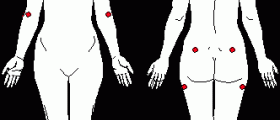
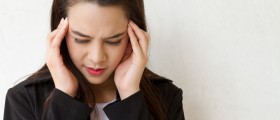


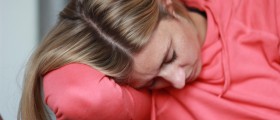



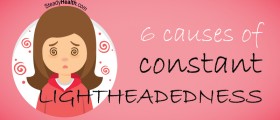
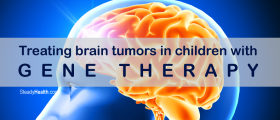
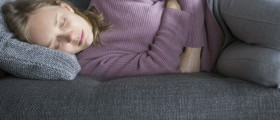
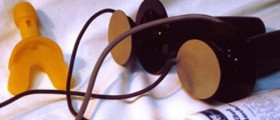
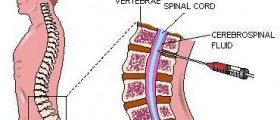
Your thoughts on this
Loading...